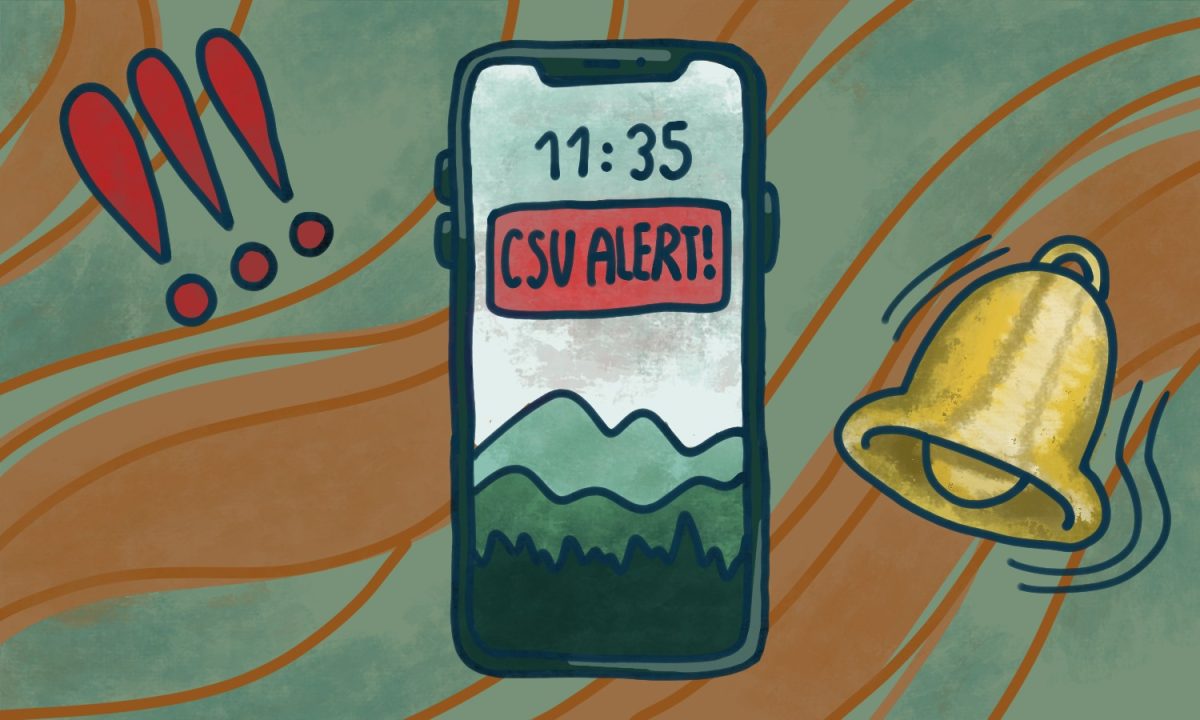A recent phishing attempt designed to gain University login credentials targeted students at Colorado State University and other universities, according to an email sent out by the CSU Public Safety Team.
The Public Safety Team said attackers can use the credentials to log into student portals such as RamWeb and view or change important personal information, including bank account information.

Universities all across the country have been subject to phishing attacks recently, according to the CSU alert.
Phishing is the practice of sending fraudulent emails or other communications in an attempt to convince individuals to reveal personal information like passwords and credit card numbers, according to the email.
Phishing scams often disguise themselves as official institutions or a trustworthy entity by using fake email addresses, official graphics and accurate contact information in signature blocks, according to the University email.
To protect yourself from phishing, the University PST recommends the following:
- Do not assume that an email is valid just because of who it appears to come from.
- Do not give important personal information–including passwords–over email conversations.
- Be extremely cautious of clicking links in emails.
- Open a new browser window and type in the URL instead.
- “Mouse over” the link to confirm that it goes where it says it’s going to go.
- If you do click, immediately check for the HTTPS padlock icon.
- If you have concerns about an email, call the supposed sender instead, using a number from an online directory and not from the email.
According to the Safety Team, Students can email the Information Security team at soc@colostate.edu to check on an email or report a phish.
Those who believe they may have lost money or feel unsafe are encouraged to call the CSU Police Department, 970-491-6425.
This is a developing story. Stay with The Collegian for future updates.
Collegian reporter Samantha Ye can be reached at news@collegian.com or on Twitter @samxye4.











